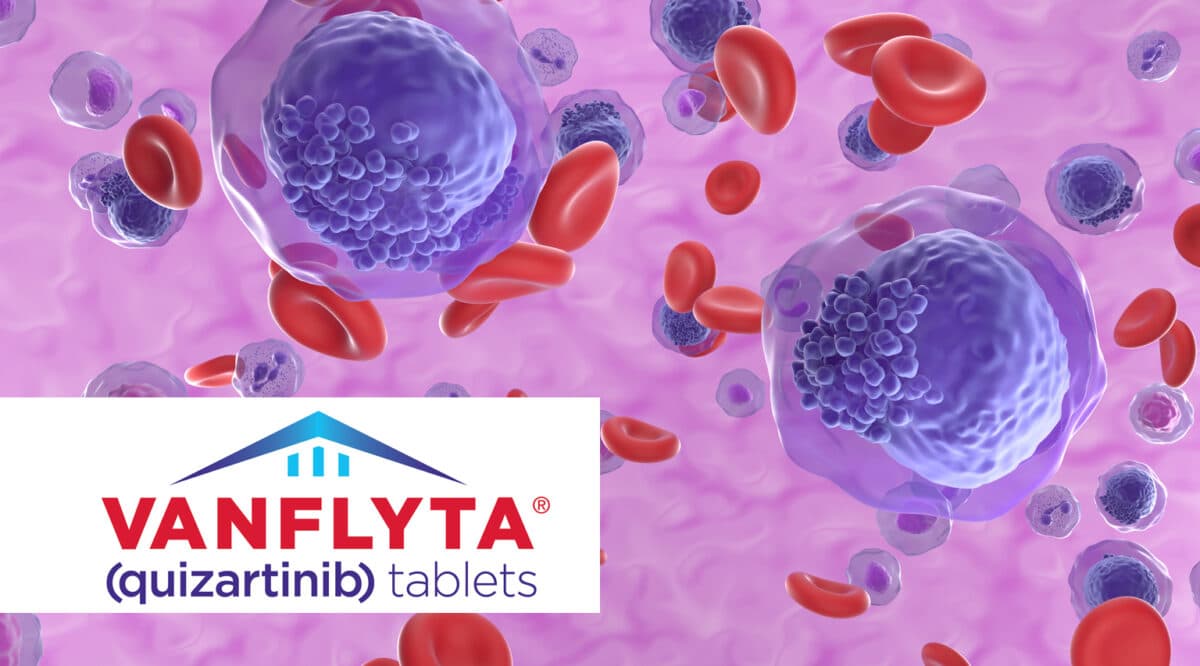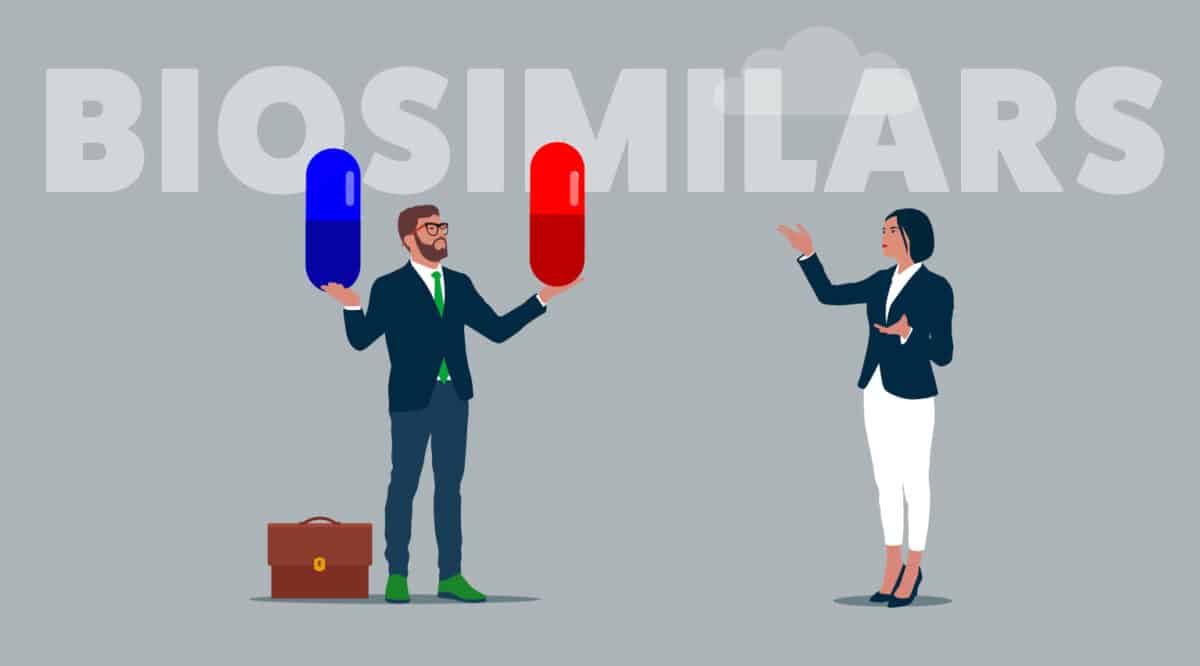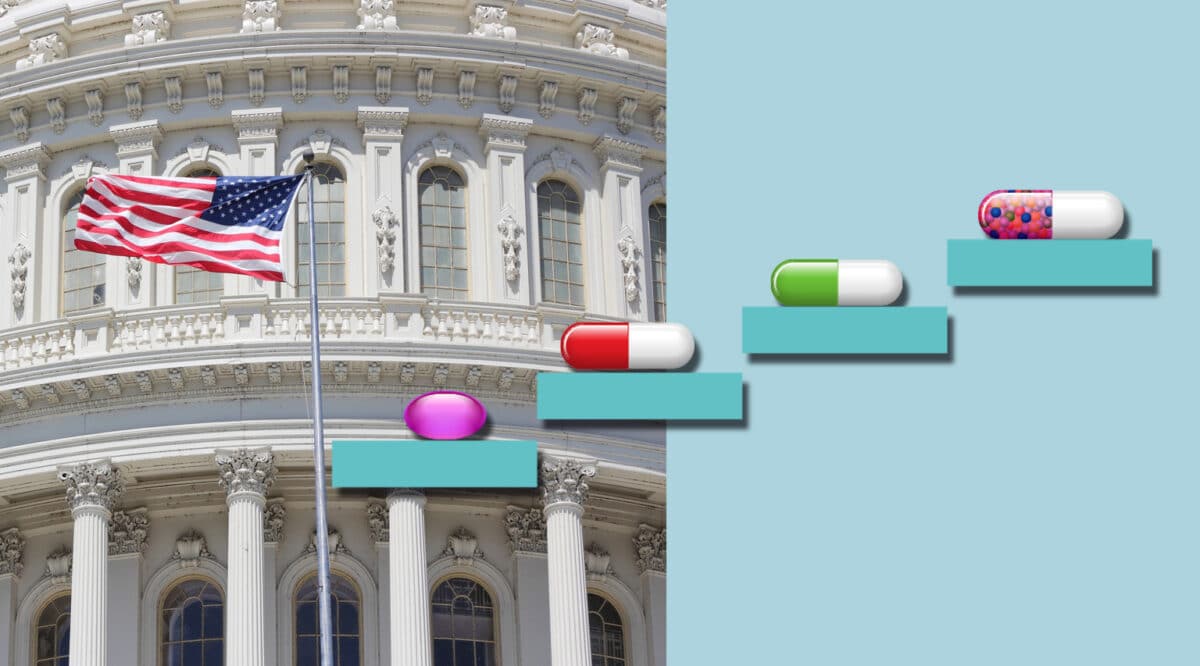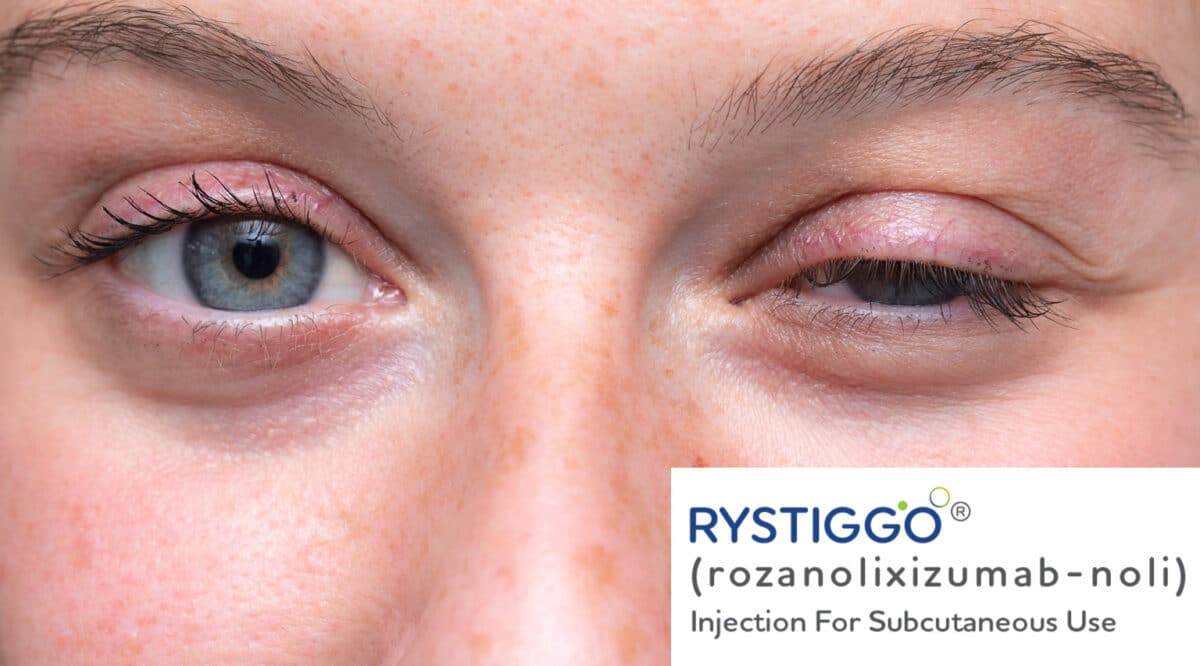Catching up on recent specialty approvals————
The FDA recently approved a new ORAL, kinase inhibitor therapy, Vanflyta (quizartinib) from Daiichi Sankyo Company, Ltd., in combination with standard cytarabine and anthracycline induction and cytarabine consolidation, and as maintenance monotherapy following consolidation chemotherapy, for the treatment of adult patients with newly diagnosed acute myeloid leukemia (AML) that is FLT3-ITD positive as detected by an FDA-approved test. VANFLYTA is not indicated as maintenance monotherapy following allogeneic hematopoietic stem cell transplantation (HSCT); improvement in overall survival with VANFLYTA in this setting has not been demonstrated.
Vanflyta was approved with a Black Box warning and REMS.
CLICK HERE to access prescribing information
AML is one of the most common forms of leukemia in adults and an estimated 20,380 new cases diagnosed in the U.S. in 2023. Up to 37% of newly diagnosed patients with AML have a FLT3 gene mutation and approximately 80% of these are FLT3-ITD mutations, which drive cancer growth and contribute to increased risk of relapse and shorter overall survival. The five-year survival rate for patients with FLT3-ITD AML has been reported at approximately 20%.
VANFLYTA is the first and only FLT3 inhibitor to be approved specifically for FLT3-ITD positive AML and across the three phases of treatment – induction, consolidation and maintenance in patients without transplant – for newly diagnosed AML.
Daiichi Sankyo will launch Vanflyta at $546 per tablet. Total cost per patient will vary based on number of cycles (induction, consolidation, maintenance). By comparison, Xospata, another FLT3 therapy, comes with the highest price tag at $750 a day.
Distribution logistics were not announced at the time of approval. However, it is expected that Vanflyta will launch through specialty pharmacy limited distribution.
——————————————————————————————–
Vanflyta First FLT3 Inhibitor Approved in the U.S. Specifically for Patients with Newly Diagnosed FLT3-ITD Positive AML
First and only FLT3 inhibitor approved across three phases of AML treatment, when added to chemotherapy, improved overall survival
Jul 20, 2023 TOKYO & BASKING RIDGE, N.J.–(BUSINESS WIRE)– Daiichi Sankyo (TSE: 4568) today announced that Vanflyta (quizartinib) has been approved by the U.S. Food and Drug Administration (FDA) in combination with standard cytarabine and anthracycline induction and cytarabine consolidation, and as maintenance monotherapy following consolidation chemotherapy, for the treatment of adult patients with newly diagnosed acute myeloid leukemia (AML) that is FLT3-ITD positive as detected by an FDA-approved test. VANFLYTA is not indicated as maintenance monotherapy following allogeneic hematopoietic stem cell transplantation (HSCT); improvement in overall survival with VANFLYTA in this setting has not been demonstrated.











